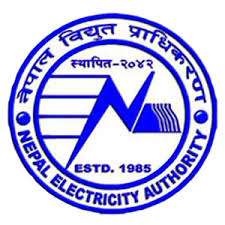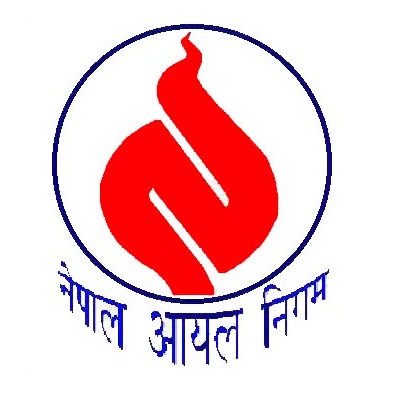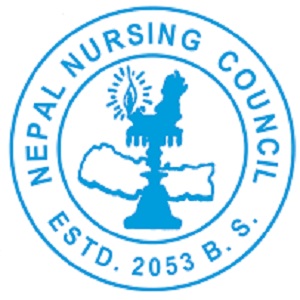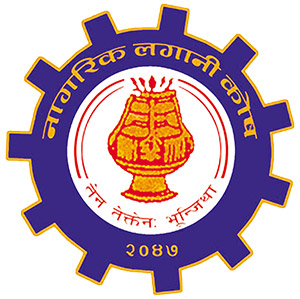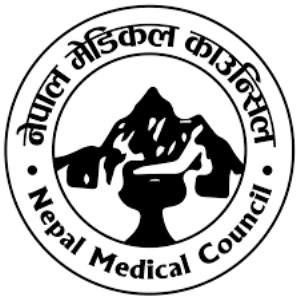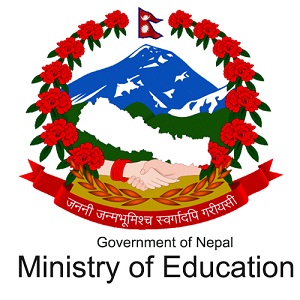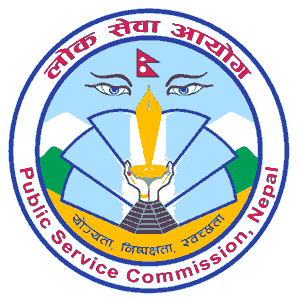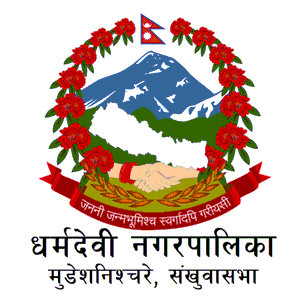Overview
Nepal Agricultural Research Council (NARC) is an autonomous organization established in 1991 under the "Nepal Agricultural Research Council Act – 1991." Its primary goal is to conduct agricultural research in Nepal, with the aim of uplifting the economic level of the people.
- NARC focuses on a wide range of research areas in agriculture.
- Research areas include cereals and cash crops, horticulture, livestock and animal health, fisheries, pasture and fodder, agroforestry/farm-forestry, soil and irrigation management, botany and biotechnology, entomology, plant pathology, and plant protection.
- Other research areas include farming systems, agri extension, agri economics and marketing, food science, agri ecology and environment, socioeconomics, and fields related to agriculture.
- NARC conducts research to improve crop productivity, develop sustainable farming practices, enhance livestock management, conserve ecosystems, and address socio-economic aspects of agriculture.
- The research areas cover various aspects of crop cultivation, livestock production, fisheries, soil management, biotechnology, pest and disease control, and market dynamics.
- NARC aims to generate knowledge, innovation, and practical solutions to uplift Nepal's agricultural sector.
Objectives:
- Conducting Qualitative Studies and Research: NARC's foremost objective is to undertake qualitative studies and research in various aspects of agriculture. By focusing on research, they strive to enhance the understanding of agricultural practices and improve productivity.
- Identifying Problems and Providing Solutions: NARC aims to identify the existing problems in the agricultural sector and find effective solutions. Through rigorous research, they address challenges faced by farmers, such as crop diseases, soil degradation, and water management issues.
- Assisting in Agricultural Policy Formulation: NARC plays a crucial role in supporting the government by providing expert advice and data-driven recommendations for formulating agricultural policies and strategies. Their research insights contribute to the development of sustainable and efficient agricultural practices.
Functions and Responsibilities:
- Conducting Qualitative Agricultural Research: NARC conducts research in line with national agricultural policies. By focusing on quality research, they generate valuable insights that help improve agricultural productivity and sustainability.
- Prioritizing Research Studies: NARC determines the priority areas for research based on the needs of the agricultural sector. By identifying critical issues, they ensure that research efforts are targeted towards solving the most pressing challenges.
- Providing Research and Consultancy Services: NARC offers research and consultancy services to clients, including farmers, agricultural organizations, and policymakers. These services provide expert guidance and recommendations for improving agricultural practices and addressing specific concerns.
- Coordinating, Monitoring, and Evaluating Research Activities: NARC takes on the responsibility of coordinating, monitoring, and evaluating agricultural research activities across Nepal. By overseeing research projects, they ensure that resources are effectively utilized and objectives are met.
- Documenting Research Activities: NARC maintains comprehensive documentation of its research activities. This serves as a valuable resource for future reference, sharing knowledge, and facilitating collaboration within the agricultural research community.
Financial Resources:
NARC sustains its operations through various financial resources, including:
- Grants from the Government of Nepal: The government provides financial support to NARC, recognizing its vital role in driving agricultural development and improving the livelihoods of Nepalese people.
- Grants from National and International Donor Agencies and Governments: NARC also receives grants from both national and international donor agencies and governments. These funds contribute to the execution of research projects and enable the council to expand its activities.
- Funds from Research or Consultancy Services: NARC generates revenue through research and consultancy services. By leveraging their expertise, they offer valuable insights and solutions to clients, contributing to their financial sustainability.
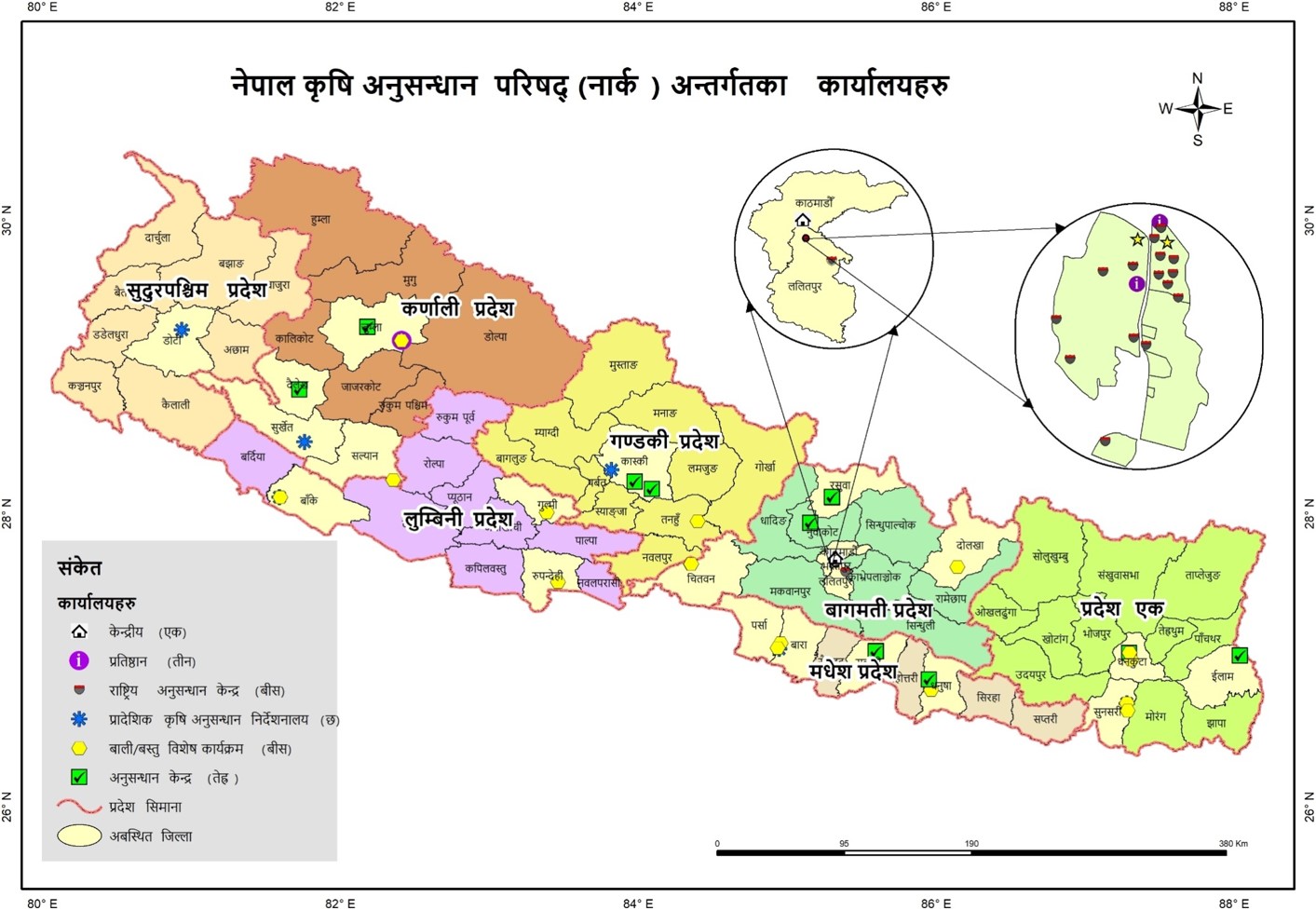
NARC Council: Governing Body for Agricultural Research Advancement
The NARC Council serves as the governing body responsible for overseeing and guiding the Nepal Agricultural Research Council's activities. Comprised of key government officials, agricultural experts, and representatives from related organizations, the council plays a crucial role in formulating policies, setting research priorities, and ensuring effective management of agricultural research in Nepal. The following are the members of the NARC Council:
-
Minister or State Minister of Agriculture Development: The Chairman of the NARC Council, responsible for providing strategic leadership and guidance in agricultural research and development.
-
Member, National Planning Commission (Agriculture): A representative from the National Planning Commission who contributes insights on agricultural planning and development at the national level.
-
Secretary, Ministry of Agriculture Development: A high-ranking official from the Ministry of Agriculture Development, offering expertise and support in shaping agricultural research policies and strategies.
-
Secretary, Ministry of Finance: A representative from the Ministry of Finance, providing financial oversight and contributing to resource allocation for agricultural research activities.
-
Secretary, Ministry of Forest and Soil Conservation: A representative from the Ministry of Forest and Soil Conservation, ensuring alignment between agricultural research and environmental conservation efforts.
-
Secretary, Ministry of Science and Technology: A representative from the Ministry of Science and Technology, offering insights on scientific advancements and technological innovations relevant to agricultural research.
-
Secretary, Nepal Academy of Science and Technology: A representative from the Nepal Academy of Science and Technology, providing scientific expertise and collaboration opportunities for agricultural research endeavors.
-
Dean, Institute of Agriculture and Animal Science: The Dean of the Institute of Agriculture and Animal Science, contributing academic perspectives and research insights to the council.
-
Experienced agriculture scientist working in NARC nominated by the Government: An experienced agriculture scientist employed in NARC, nominated by the government to bring technical expertise and research experience to the council.
-
Scientist - contributed to agricultural research and working in a related organization nominated by the Government: A scientist who has made significant contributions to agricultural research and is currently working in a related organization, nominated by the government.
-
Scientist - contributed to agricultural research and working in a related organization, nominated by the Government: Another scientist who has made noteworthy contributions to agricultural research and is employed in a related organization, nominated by the government.
-
Scientist retired from NARC or reputed commercial farmers, nominated by the Government: A retired scientist from NARC or a reputable commercial farmer, nominated by the government to provide valuable insights based on their extensive experience in the field.
-
Scientist retired from NARC or reputed commercial farmers, nominated by the Government: Another scientist retired from NARC or a distinguished commercial farmer, nominated by the government for their expertise and knowledge.
-
One nominated by the Government from agriculture entrepreneurs: An individual nominated by the government who represents the interests and perspectives of agriculture entrepreneurs.
-
One person nominated by the Government from an agriculture research-related non-governmental organization: An individual nominated by the government from a non-governmental organization involved in agricultural research, contributing the perspectives of the research community.
-
Executive Director of NARC: The Member Secretary of the NARC Council, responsible for the day-to-day operations, coordination, and implementation of the council's decisions.
The NARC Council performs various functions and duties to ensure effective agricultural research and development.
These include:
i. Formulating policy under the National Agricultural Policy for study and research on agriculture.
ii. Deciding priorities for agricultural research and studies.
iii. Approving the annual program and budget for agricultural research activities.
iv. Approving the structure of the NARC organization and the required positions.
v. Reviewing agricultural research conducted in the country to assess progress and impact.
vi. Identifying agricultural problems and providing advice to the Nepal Government for the formulation of national agricultural policies.
vii. Providing necessary directions to the Executive Board, the implementing body of NARC, to carry out research activities effectively.
Through their collective expertise and decision-making authority, the NARC Council plays a pivotal role in shaping the agricultural research landscape in Nepal and driving positive outcomes for farmers, rural communities, and the agricultural sector as a whole.
Overall, the Nepal Agricultural Research Council (NARC) has been working diligently to conduct high-quality agricultural research, address challenges in the sector, and contribute to the formulation of effective agricultural policies. With its diverse functions and responsibilities, NARC plays a crucial role in advancing Nepal's agricultural sector, ultimately uplifting the economic well-being of the people.


